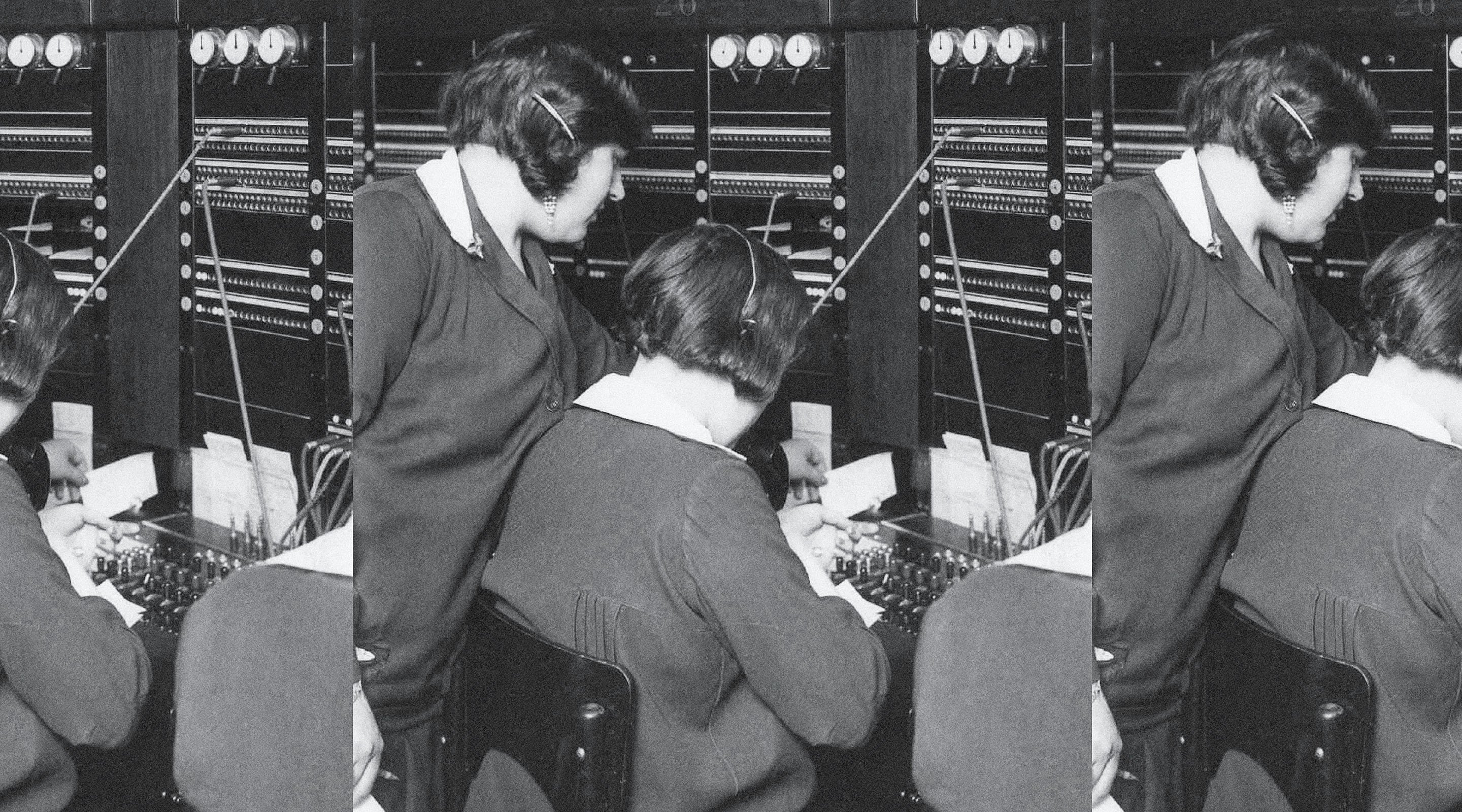
1942
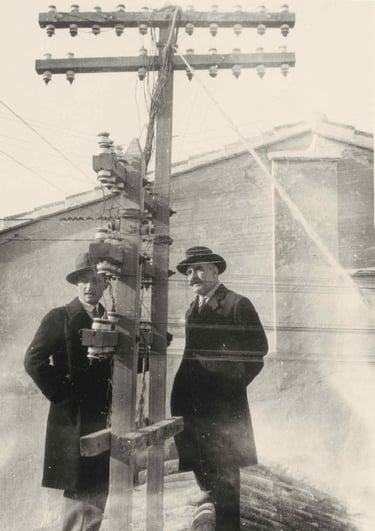
Difficulties for CTNE, which does not manage to adjust its tariffs nor is it compensated for its efforts during the Civil War.
The company navigates a complex context
01
A particularly complex year for CTNE, which has to deal with its differences of opinion with the government, with whom it has several ongoing disputes. On the one hand, the company was still determined to obtain some compensation for services rendered during the war period. Compensation that never came. On the other hand, the CTNE, now approaching 20 years of existence, considers it essential to raise tariffs for the telephone service, which requires increasingly heavy investment to meet demand. Nor was it authorised to do so. On the other hand, in the same year, the Ministry of the Interior included radio broadcasting among the technical functions of telecommunications, along with the telephone and telegraph. However, only two years later, radio was considered a service totally independent from telecommunications, more linked to political interest than to the commercial business.
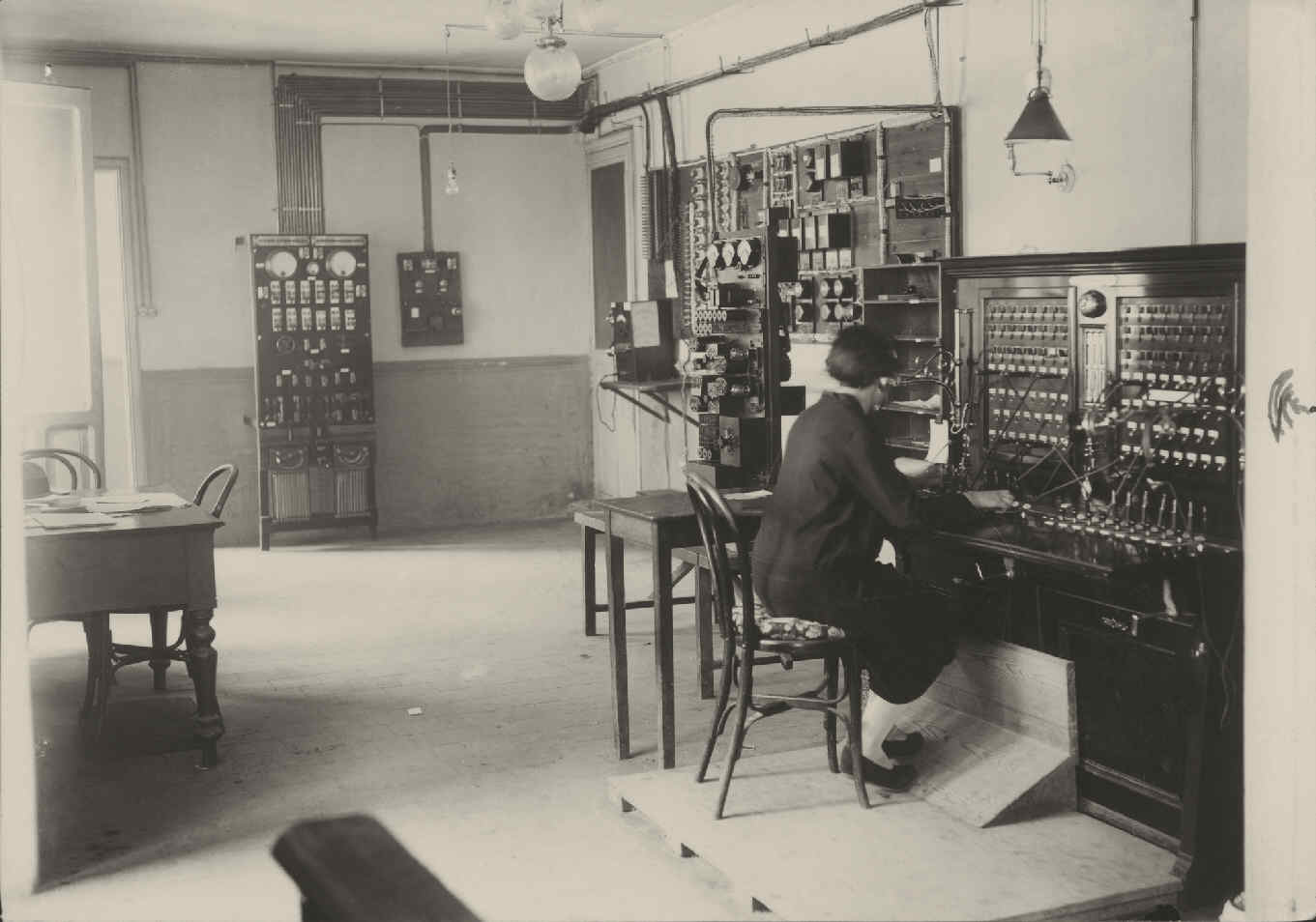
Working together to move forward
02
At the height of the post-war period, shortages hit families and businesses alike. It was practically impossible to get hold of materials, imports did not arrive and the little that did exist was allocated by quotas. Normal exploitation" became almost impossible, but the CTNE had allies who helped it in this situation and whom it did not hesitate to thank explicitly for their support in the annual report of 1942. Difficulties overcome to the maximum extent possible," explains the letter from the President, Estanislao de Urquijo, "through the traditional support given to our company by ITT of New York, by Standard Eléctrica of Madrid and the rest of the companies in the system".
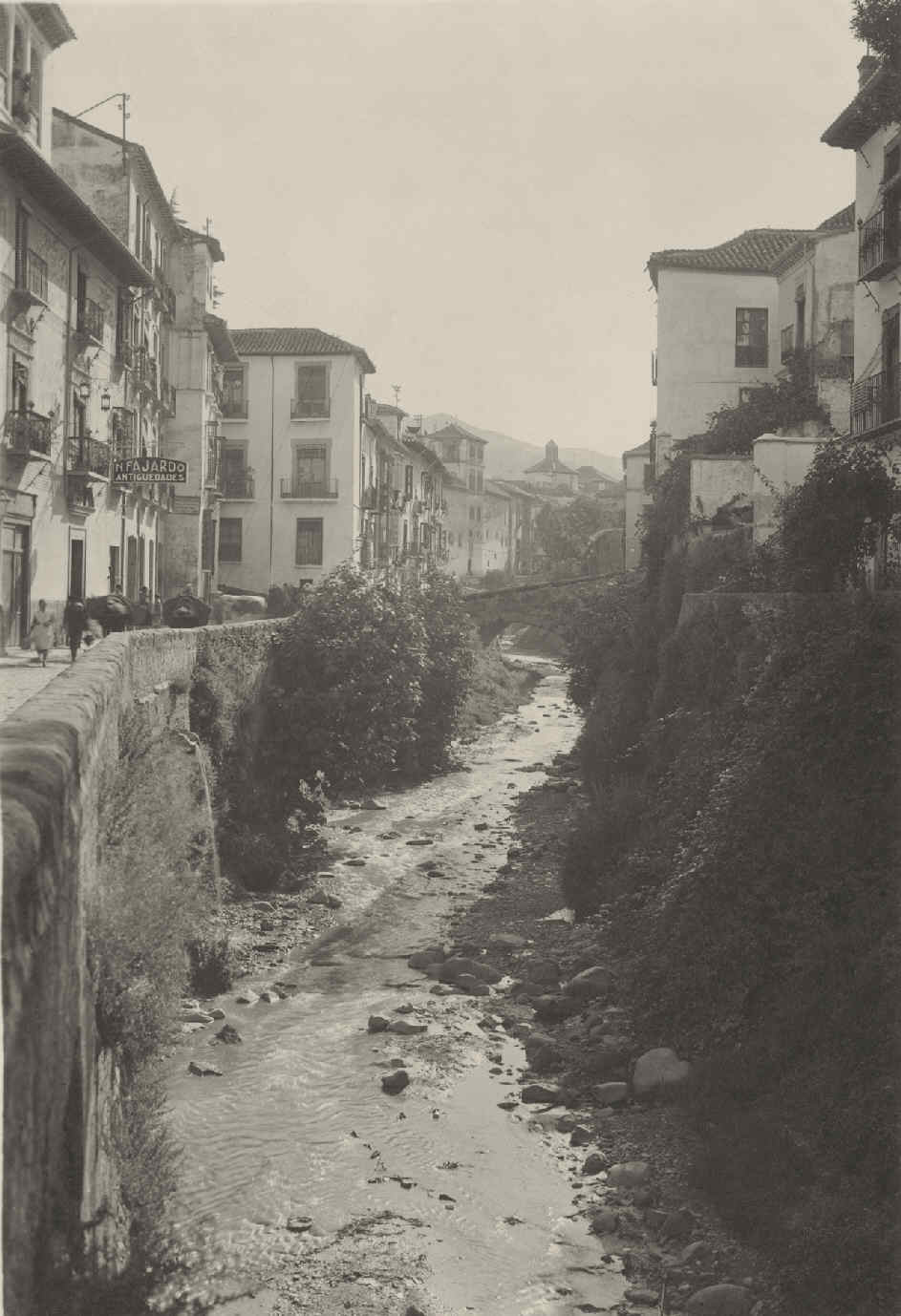
Growing and contributing
03
With the support of its loyal partners, CTNE ended 1942 with 20,143 new stations in service and grew by almost five million calls. International communications now reached 25 countries in Europe and America. Even then, the company earmarked a percentage of its profits to pay taxes to the public treasury. This year they amount to almost 50 million pesetas (around 300,000 euros) between royalties, "profit contribution", stamp duty and taxes on telephone use.
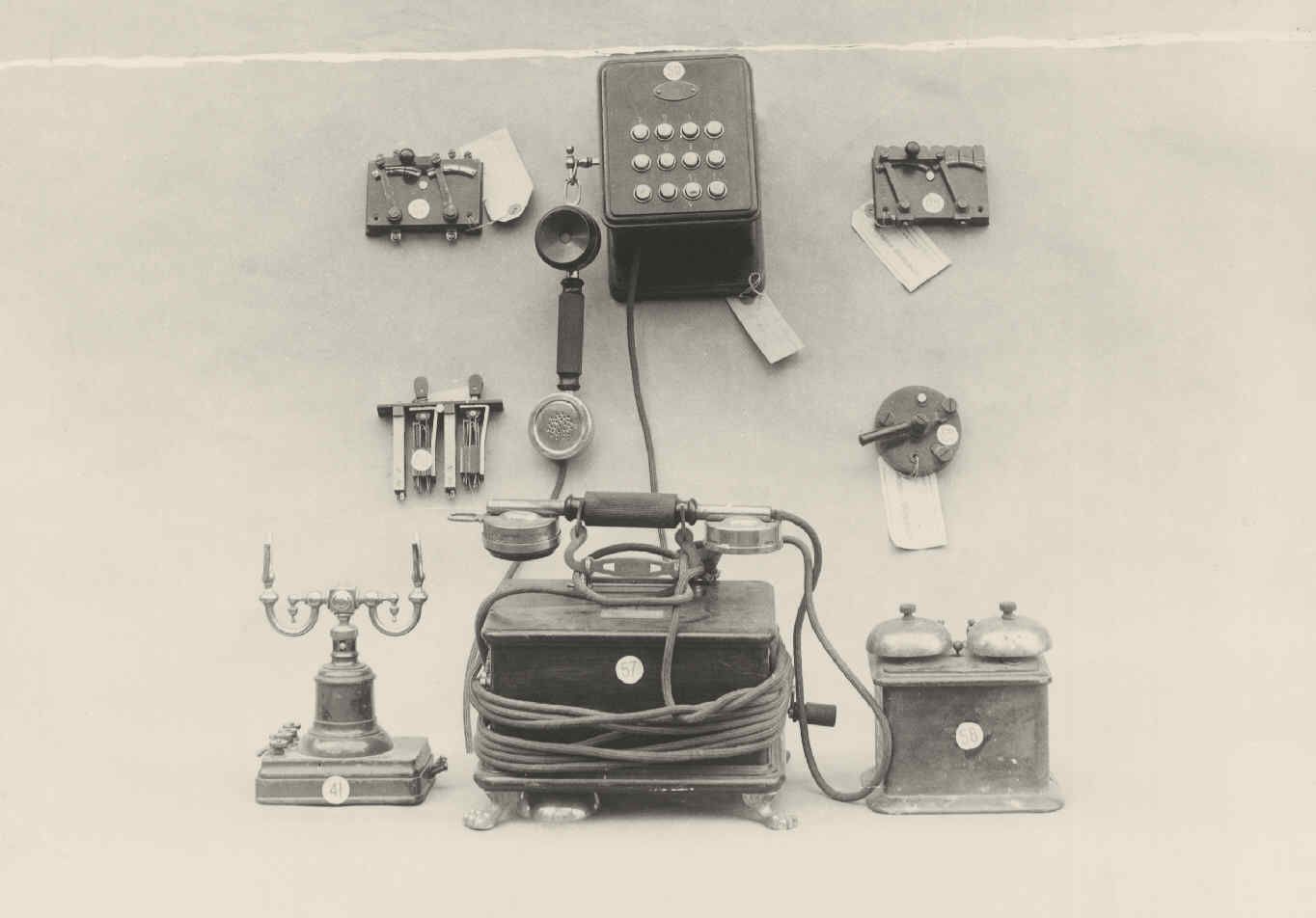
Do you have doubts about what happened?
Ask Aura